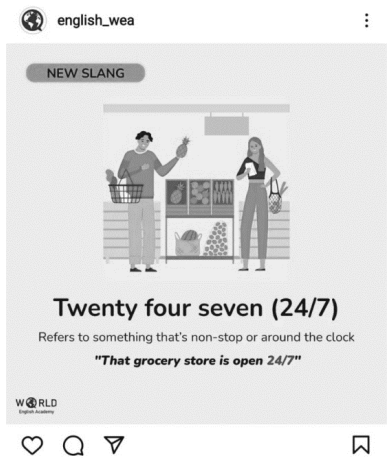Questões de Concurso Público SEDUC-TO 2023 para Professor da Educação Básica - Professor Regente Letras - Inglês
Foram encontradas 40 questões
( ) World Englishes is a concept that recognizes and validates different varieties of the English language. ( ) A new variety of English depends on changes on the lexical level alone. ( ) Languages are dynamic and may vary to satisfy the needs of users.
The statements are, respectively,
The phrase “to suit the needs” (3rd paragraph) means that the needs will be
Text II

Text II

Text II

Text III

Alice Walker (born February 9, 1944), an American novelist, short story writer, poet,
and social activist (https://en.wikipedia.org/wiki/Alice_Walker)
We Alone
We alone can devalue gold
by not caring
if it falls or rises
in the marketplace.
Wherever there is gold
there is a chain, you know,
and if your chain
is gold
so much the worse
for you.
Feathers, shells
and sea-shaped stones
are all as rare.
This could be our revolution:
to love what is plentiful
as much as
what's scarce.
From: https://www.poetrysoup.com/famous/poem/we_alone_23191
Text III

Alice Walker (born February 9, 1944), an American novelist, short story writer, poet,
and social activist (https://en.wikipedia.org/wiki/Alice_Walker)
We Alone
We alone can devalue gold
by not caring
if it falls or rises
in the marketplace.
Wherever there is gold
there is a chain, you know,
and if your chain
is gold
so much the worse
for you.
Feathers, shells
and sea-shaped stones
are all as rare.
This could be our revolution:
to love what is plentiful
as much as
what's scarce.
From: https://www.poetrysoup.com/famous/poem/we_alone_23191
Text III

Alice Walker (born February 9, 1944), an American novelist, short story writer, poet,
and social activist (https://en.wikipedia.org/wiki/Alice_Walker)
We Alone
We alone can devalue gold
by not caring
if it falls or rises
in the marketplace.
Wherever there is gold
there is a chain, you know,
and if your chain
is gold
so much the worse
for you.
Feathers, shells
and sea-shaped stones
are all as rare.
This could be our revolution:
to love what is plentiful
as much as
what's scarce.
From: https://www.poetrysoup.com/famous/poem/we_alone_23191



